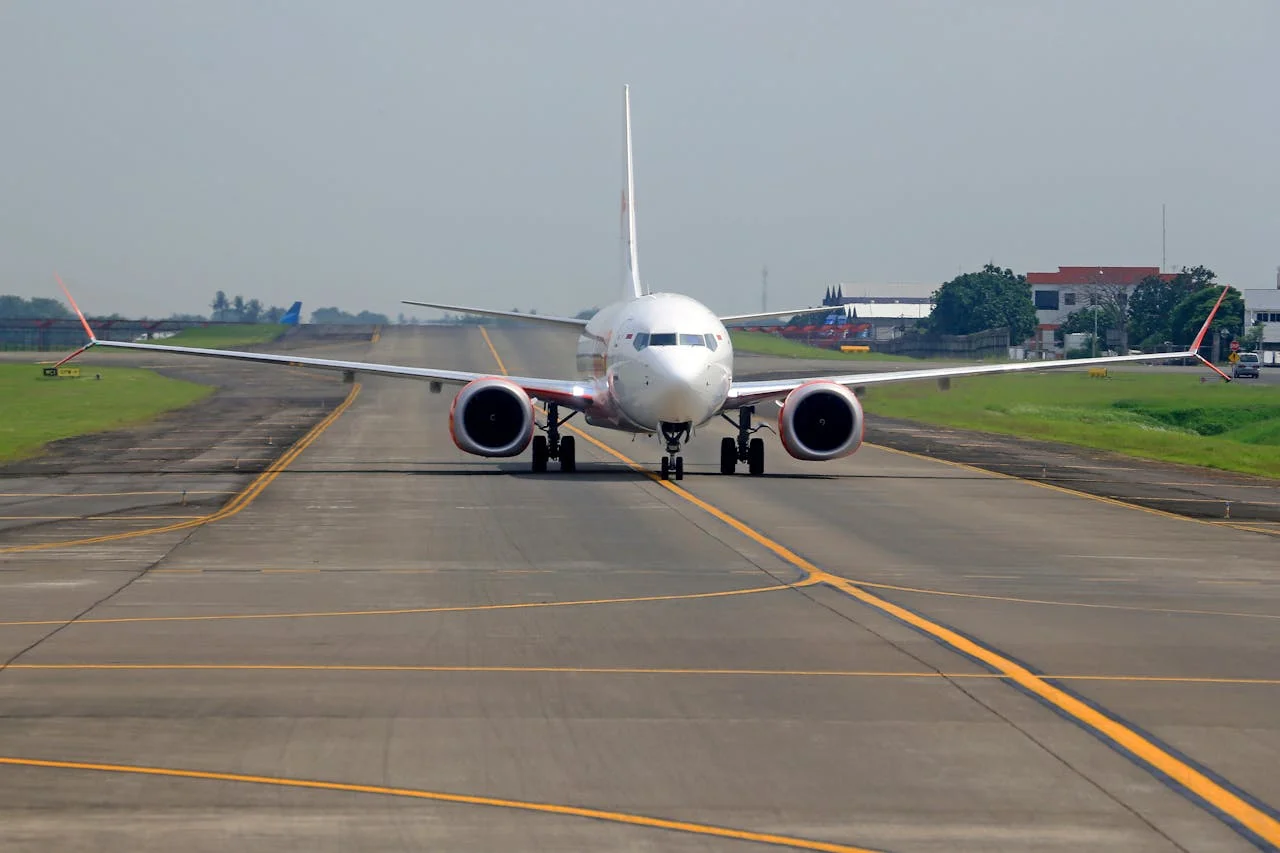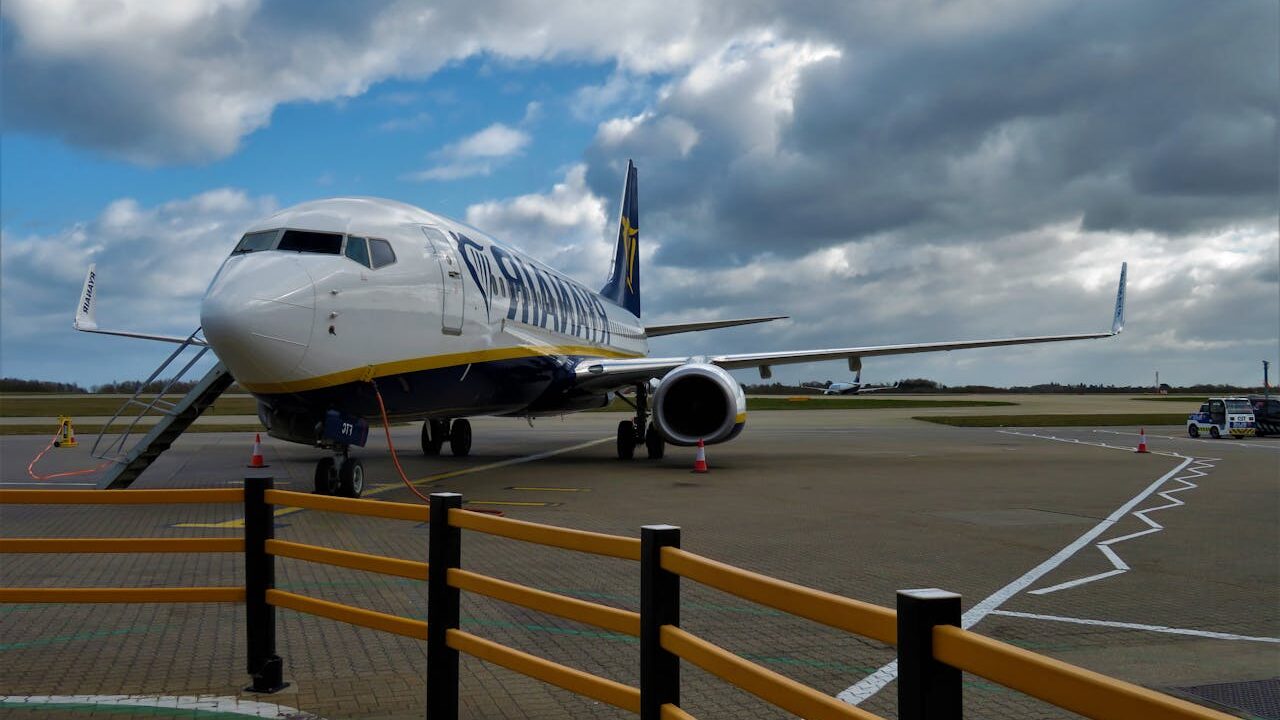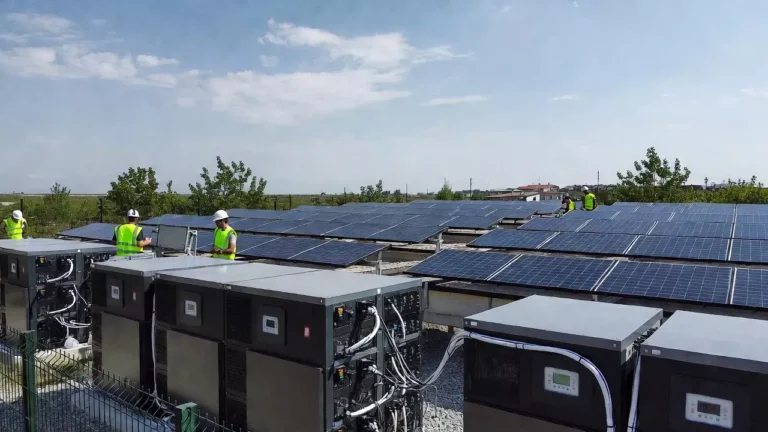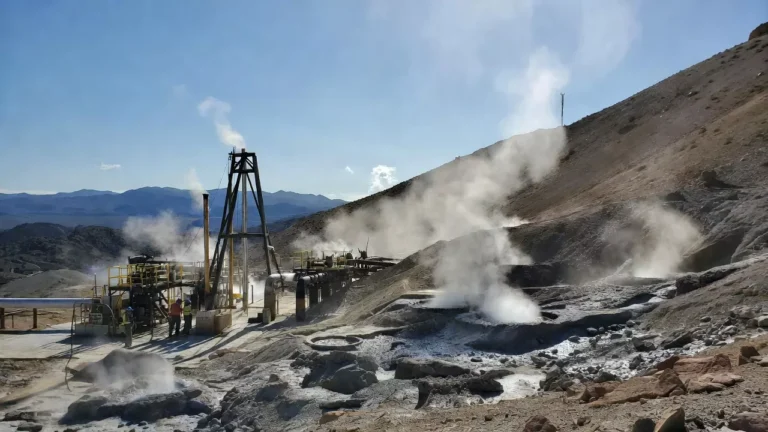
Aramco, TotalEnergies, and SIRC Explore Sustainable Aviation Fuels Plant
Aramco, TotalEnergies, and the Saudi Investment Recycling Company (SIRC) have come together to create a joint initiative focused on developing sustainable aviation fuels (SAF) in Saudi Arabia. This strategic collaboration aims to establish one of the world’s most advanced SAF production facilities, positioning the Kingdom as a key player in the global energy transition and sustainability efforts. The signing of a Joint Development and Cost Sharing Agreement (JDCSA) marks the first step towards turning this vision into reality, and this announcement comes at a time of growing momentum in the global fight against climate change.
A Partnership for the Future of Aviation
The partnership between Aramco, TotalEnergies, and SIRC signals a transformative approach to decarbonizing the aviation industry, which is facing increasing pressure to reduce carbon emissions amidst a surge in global air travel. The partnership focuses on building a sustainable aviation fuels production plant in Saudi Arabia’s Eastern Province, a region with abundant resources and strategic infrastructure to support such an initiative.
This collaboration is not only a commercial venture but also a symbolic effort to address the urgent need for alternative fuels in aviation. The world’s aviation sector contributes significantly to global greenhouse gas emissions, and with the demand for air travel expected to increase in the coming decades, it is imperative that sustainable alternatives are developed to minimize environmental impact. SAF, produced from renewable sources such as used cooking oils, animal fats, and other organic waste, has emerged as a leading candidate to replace conventional jet fuel and significantly lower emissions in the aviation sector.
Harnessing Expertise for Innovation
The three companies involved bring their collective expertise to bear on the project. Aramco, one of the largest and most integrated energy companies in the world, will contribute its vast knowledge of energy production and infrastructure. TotalEnergies, a major player in the global energy sector with a focus on sustainability and the energy transition, will leverage its extensive experience in renewable energy technologies and its commitment to decarbonizing transportation. SIRC, a key player in Saudi Arabia’s circular economy, will bring its specialized knowledge in recycling and waste-to-resource technologies to the table.
The project’s assessment phase will focus on exploring the potential to recycle and process local waste, including used cooking oils and animal fats, to create SAF. These waste products, often considered pollutants or by-products, will be converted into high-quality aviation fuel through cutting-edge technologies and innovative engineering solutions. The process is not only sustainable but also supports the Kingdom’s broader environmental goals by promoting the circular economy, reducing waste, and turning it into a valuable resource.
A Global Challenge with Local Solutions
The announcement of this partnership comes at a time when aviation emissions are under increasing scrutiny from governments, environmental organizations, and the public. As one of the largest greenhouse gas-emitting sectors globally, aviation is a key focus of international climate agreements such as the Paris Agreement. With aviation emissions projected to grow as air traffic rebounds following the pandemic, finding low-carbon solutions is critical to meeting global emissions reduction targets.
Aramco’s President and CEO, Amin H. Nasser, emphasized the importance of such collaborations in addressing the aviation sector’s carbon footprint. He pointed out that the demand for air travel is expected to grow significantly, making it essential to explore alternative fuels to curb emissions. “Addressing transport emissions requires a wide range of approaches,” said Nasser. “Aramco is pursuing a number of potential innovative solutions, and this partnership with TotalEnergies and SIRC is one such opportunity to contribute to global emissions reduction efforts.”
The collaboration between these industry giants is not just about producing SAF—it’s also about exploring and implementing innovative solutions that can be scaled to meet the growing global demand for sustainable energy alternatives. With Saudi Arabia’s Vision 2030, which emphasizes sustainability and economic diversification, this project aligns with the Kingdom’s long-term objectives and sets the stage for further innovations in the energy and transportation sectors.
The Role of Circular Economy and Waste-to-Fuel Technologies

At the heart of the collaboration is the concept of the circular economy, which is gaining momentum globally as a critical component of sustainable development. The circular economy model seeks to minimize waste and make the most of available resources by recycling and reusing materials rather than discarding them. In the context of SAF production, this means using waste products such as used cooking oils, animal fats, and other organic residues to produce high-value aviation fuel. This approach not only helps to reduce waste but also decreases the demand for traditional fossil fuels, creating a more sustainable energy system.
SIRC, which is focused on supporting Saudi Arabia’s sustainability objectives, plays a crucial role in this partnership. Eng. Ziad Al-Sheha, the CEO of SIRC, highlighted the company’s commitment to increasing waste conversion rates into renewable resources. “The new partnership with Aramco and TotalEnergies to assess the feasibility of a renewable aviation fuels plant signifies a major leap forward in our mission,” said Al-Sheha. “We believe it will enrich and energize our efforts to lead the development of the Kingdom’s circular economy.”
SIRC’s experience in recycling and converting organic waste into useful products is essential for ensuring the sustainability and efficiency of the SAF production process. By leveraging the Kingdom’s rich waste streams and turning them into renewable resources, the plant will help reduce the country’s reliance on traditional fossil fuels while contributing to a cleaner environment.
Building a Sustainable Aviation Future
This partnership is not just about meeting the aviation industry’s current needs but also about creating a sustainable future for air travel. With the Kingdom of Saudi Arabia’s tourism and aviation sectors expanding rapidly, there is an urgent need for solutions that can support this growth while minimizing the environmental impact. The development of a SAF production facility in the Eastern Province will not only benefit domestic airlines but also international carriers flying into the Kingdom, as it provides a local, sustainable fuel source that can be used to reduce the carbon footprint of air travel.
The collaboration will also position Saudi Arabia as a leader in the production of sustainable aviation fuels in the region, helping to attract investment and create jobs in the burgeoning green energy sector. With a strong focus on innovation and sustainability, this project could serve as a model for other countries looking to develop similar solutions for their own aviation sectors.
A Step Toward Decarbonization
The production of SAF is seen as one of the most promising solutions for decarbonizing the aviation sector. The technology to produce SAF at scale is rapidly advancing, and many airlines and airports are now exploring the use of SAF to reduce their carbon emissions. However, the production of SAF remains limited, with supply struggling to meet demand. By establishing a SAF production plant in Saudi Arabia, Aramco, TotalEnergies, and SIRC are taking proactive steps to address this challenge and position the Kingdom as a key player in the global SAF market.
Patrick Pouyanné, Chairman and CEO of TotalEnergies, expressed the company’s commitment to decarbonizing the aviation industry: “SAF is at the heart of our company’s transition strategy, as we strive to meet the aviation industry’s demand to reduce its carbon footprint.” TotalEnergies’ involvement in the project underscores the company’s leadership in the transition to renewable energy sources and its role in accelerating the development of sustainable aviation fuels.
The collaboration is also aligned with global sustainability efforts, as it contributes to reducing the aviation sector’s reliance on fossil fuels and supports the global goal of achieving net-zero emissions by 2050. By working together, Aramco, TotalEnergies, and SIRC are helping to pave the way for a more sustainable future in air travel.










